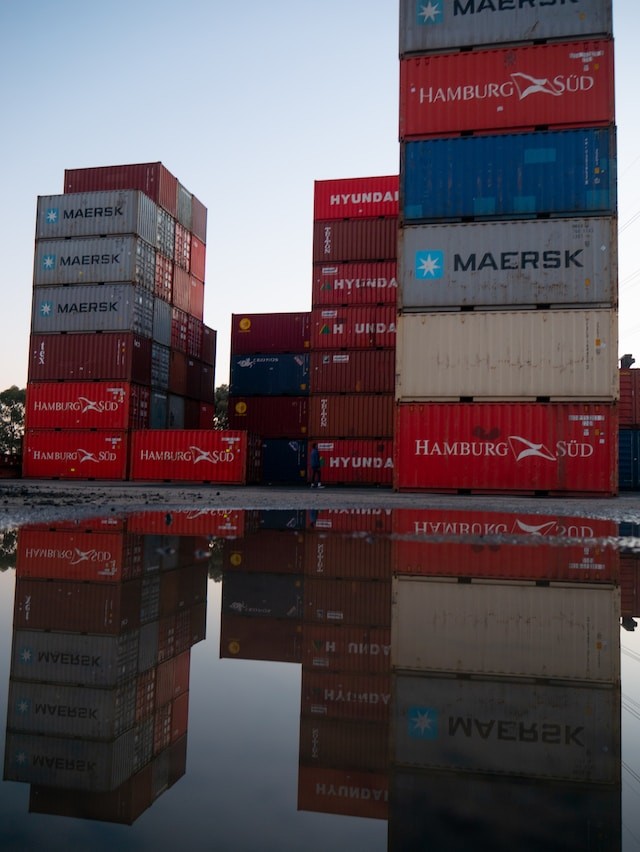
What is Freight Forwarding?
As a professional in the freight forwarding industry, here at Route Systems Limited we understand that finding the right logistics partner can be a challenge. That's why at our One Stop Shop for all your freighting needs, we offer a wide range of services designed to make your job easier.
In today's globalised world, the movement of goods across borders has become a vital aspect of international trade. Freight forwarding plays a crucial role in facilitating this process by managing the transportation of goods from their point of origin to their final destination. In this comprehensive guide, we will explore the intricacies of freight forwarding, including its definition, processes, and the benefits it offers to businesses. Whether you are an individual looking to import goods or a company involved in international trade, understanding freight forwarding is essential to ensure smooth and efficient shipping operations.
What is Freight Forwarding?
Freight forwarding is the process of organizing the shipment of goods from one country to another. It involves coordinating various transportation modes, such as ships, airplanes, trucks, and rail, to move imports and exports through the supply chain. Freight forwarders act as intermediaries between shippers (individuals or companies) and transportation carriers, handling the logistics and paperwork involved in international shipping. They leverage their expertise and networks to negotiate the best routes and rates for their clients, ensuring that goods reach their destination safely and on time.
The Role of Freight Forwarders
Freight forwarders play a pivotal role in international trade, providing a range of services to facilitate the movement of goods. Here are some key responsibilities of freight forwarders:
1. Transportation Management
Freight forwarders are responsible for selecting the most suitable transportation modes and carriers for shipping goods. They utilize their extensive network of contacts and industry knowledge to negotiate favorable rates and secure the best routes. Whether it's arranging trucking services, booking cargo space on ships or planes, or coordinating rail transportation, freight forwarders ensure that goods are transported efficiently and cost-effectively.
2. Documentation and Customs Clearance
One of the most complex aspects of international shipping is dealing with the documentation and customs requirements of multiple countries. Freight forwarders handle the preparation and submission of the necessary paperwork, such as commercial invoices, packing lists, bills of lading, and customs declarations. They also liaise with customs authorities to ensure compliance with import and export regulations, facilitating the smooth passage of goods through customs clearance.
3. Cargo Insurance
Freight forwarders help their clients mitigate the risks associated with international shipping by providing cargo insurance options. They advise on the appropriate insurance coverage based on the nature of the goods and the transportation mode. In the event of loss or damage during transit, freight forwarders assist in filing insurance claims and resolving any issues that may arise.
4. Supply Chain Coordination
Efficient supply chain management is crucial for the timely delivery of goods. Freight forwarders act as a central point of contact, coordinating with various stakeholders, including shippers, carriers, customs authorities, and warehouse operators. They ensure that all parties involved are well-informed and work together seamlessly to minimize delays and optimize the flow of goods throughout the supply chain.
For a no obligation quote and consultation we are committed to providing you with the best service possible, and we look forward to helping you succeed in your business endeavors.